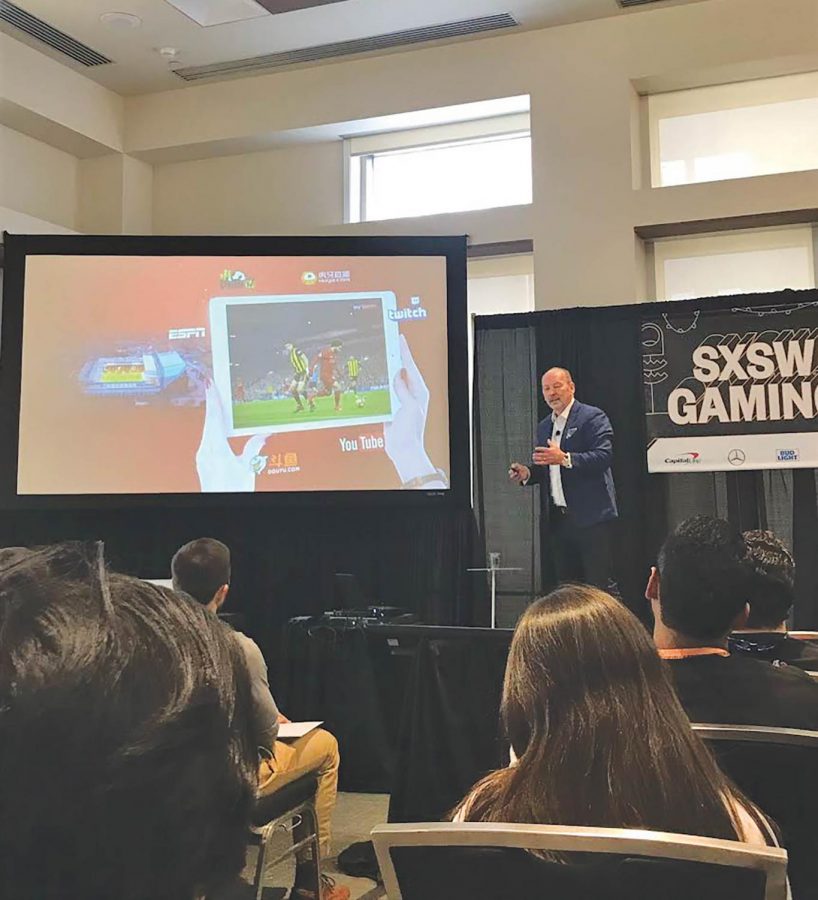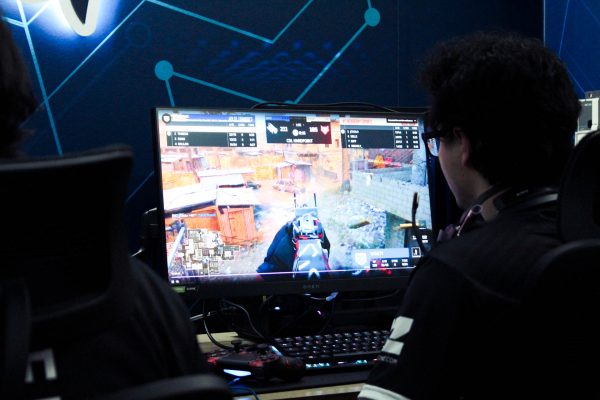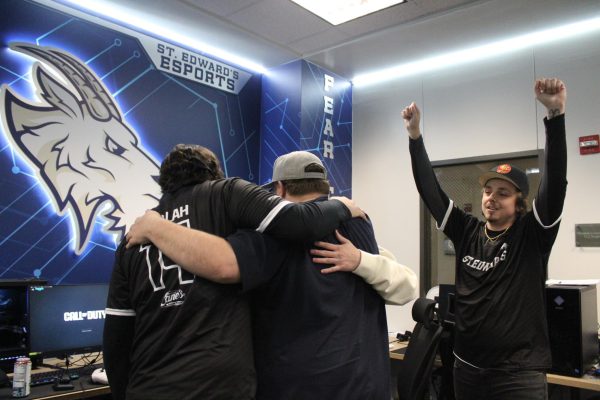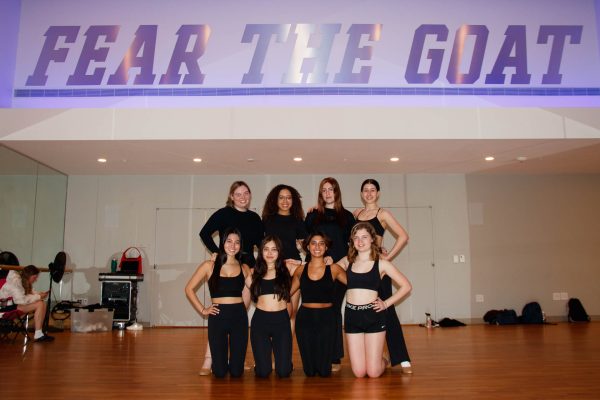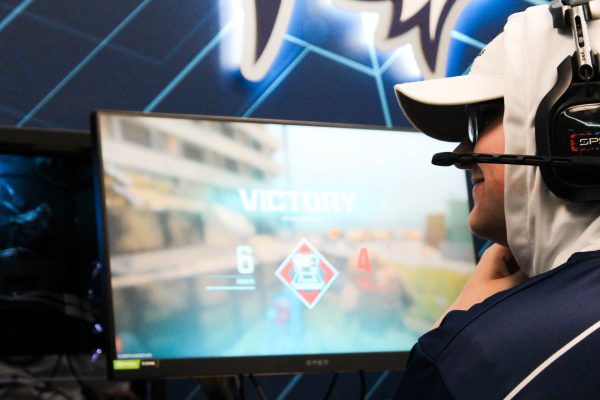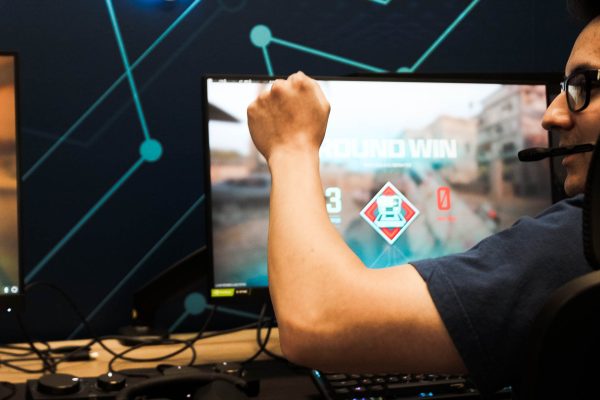How technology, social media are shaping the future of sports
Peter Moore speaks at SXSW about the direction that sports is heading and how gaming would play a part in that.
During this year’s South by Southwest conference, Peter Moore, Liverpool Football Club Chief Executive Officer and former EA Sports president, spoke to gaming and sports fans alike about how the two worlds are become increasingly interlinked.
In his conference entitled “Worlds Collide: The Virtual World Influencing Modern Sport,” Moore explained how the modern phenomena that are state-of-the-art technology and social media influence will further affect sports teams, their players and their supporters in the future.
Having worked in senior corporate positions in the gaming industry before becoming CEO of his favorite soccer team, Moore is the perfect man to inform about what he sees as the inevitable development of sport as it increasingly embraces technology and social media.
First come the players. As Moore explained, the next generation of “athletes” may not be sports stars in peak condition but rather regular boys and girls who enjoy gaming. As technology has an increasingly significant stronghold on the modern landscape of sport, who’s to say that gamers won’t be considered athletes in the near future?
For example, just three weeks ago, the first E-Premier League was held — a tournament featuring representative fans and gamers of all the Premier League clubs playing against each other.
Regarding the fans and the clubs themselves, Moore talked about how interaction is key.
“Tomorrow’s fans don’t just want to watch sports, they want to experience them,” he said.
In order to do so, Moore introduced Intel’s new “True View” concept, continuing:
“We’re faced with a dilemma — how do we embrace this new generation? Increasingly, we learnt that to bring people into sports, you needed to give them an experience that looked like gaming.”
Evidently, this may become the norm. In order to access the next generation of fans who have become accustomed to technology use, sports teams across the globe face stiff competition while attempting to develop their relationship with existing supporters.
Moore talked passionately about his view on the impact of technology on global fan engagement, highlighting the need for a strong connection between teams and their fans. As they have already started doing, professional sports clubs must access the next generation of fans by tapping into the world of technology and gaming with an acceptance that the world of sport is changing.
“Clubs, teams and leagues are working to maintain and strengthen the position they hold in the hearts and minds of millions of passionate fans,” he said.
In fact, Moore’s previous work experiences seem to be providing his current employers a head start. He presented a number of statistics which stated Liverpool’s recent successes in social media engagement, adding to their ever-growing fanbase while maintaining a vital connection with existing supporters.
As an expert in both worlds, Moore’s primary message about sport approaching a collision point is an apt one and something sports organizations and supporters alike have to consider going forward.

Hi! I am George Murray, one of the Sports Editors at Hilltop Views. I am an english literature major and journalism & digital media minor graduating...


